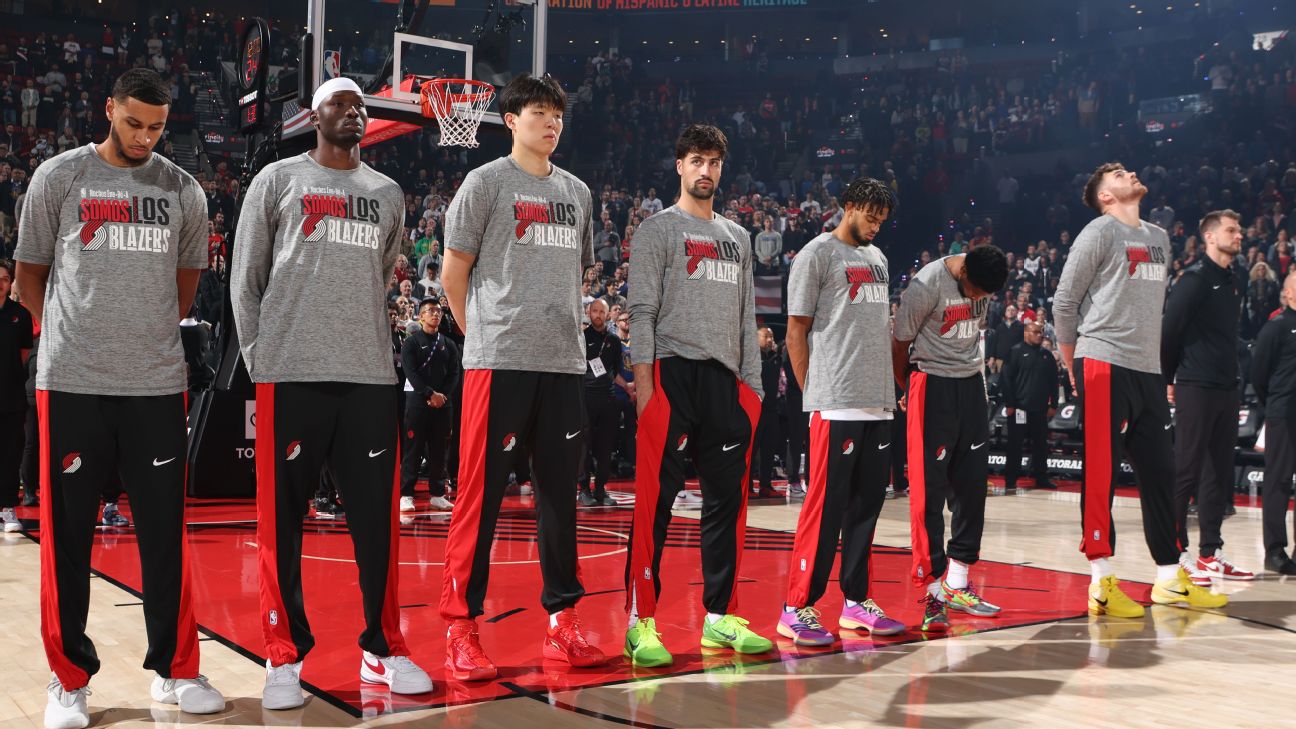Copyright Los Angeles Times

A proposed ballot measure that, if passed, would tax Disney theme park admission tickets will not go before voters next year after failing to gain enough support from the Anaheim City Council. Councilmember Natalie Rubalcava first requested a discussion on a Disney gate tax in September, as Anaheim recently turned to tax bonds, debt reserves and cash from a parking garage sale to patch up a $63-million budget shortfall. If a 3% tourism tax were to be passed, it could generate from $83 million to $134 million in general fund revenue annually, according to a city staff report. “As a policymaker for the city of Anaheim, it really is my responsibility to ensure that we have a properly funded general fund,” Rubalcava said during Tuesday’s meeting. “I wanted to take the opportunity to really go through the budget and identify the reasons why an initiative like this makes sense for our city.” Past councils have debated a Disney gate tax over the decades without having passed the policy, and Tuesday’s council meeting proved no different. Billed as a citywide tax on theme parks, sporting and entertainment venues, the proposed ballot initiative, as written, would have collected and kept tax revenue only from Disneyland and Disney’s California Adventure. Angel Stadium already has a ticket and parking tax reimbursement clause in its current lease, while the Honda Center would have been exempt from the measure, as it is smaller than the proposal’s 20,000-capacity threshold. Rubalcava also proposed a 10% parking tax ballot initiative for garages containing at least 1,500 spaces. Together, the two initiatives could generate as much as $164 million in revenue, according to city estimates. But placing either measure on the November 2026 ballot would require approval by five members of the seven-member council, a threshold that could not be met Tuesday. Ahead of the meeting, Mayor Ashleigh Aitken penned an op-ed opposing the gate tax for the Orange County Register. She reiterated her thoughts on the subject from the dais. “We can keep trying to work with our partners and work with our resort community, and work with our business leaders to attract more investment, or we can bleed them dry,” she said. “I’d rather look at us tightening our belts than doing something that, to me, is just a bit shortsighted and not in the city’s best interest.” Anaheim is due to receive a tax revenue boost in two years, after the city pays off its bond obligations from a massive 1996 Disney expansion deal. Finance Director Debbie Moreno expects the final payment to arrive in April 2027. After that, the city is anticipating $120 million in additional tax revenue annually. But the city could face a $1-million structural deficit again by 2030 if a 5% increase in labor costs is taken into account. “I’m not the kind of policymaker that waits until we’re in an economic crisis, but I do see the writing on the wall,” Rubalcava said. “I do think that we need to be proactive.” The ballot initiative push has enjoyed conditional support from Orange County Communities Organized for Responsible Development and longtime Disney critics. But a new proponent has emerged in the form of the Anaheim Police Assn. (APA). “Tourism also depends on something that is nonnegotiable and that’s public safety, strong infrastructure and reliable city services,” APA President Jose Duran told councilmembers. “Disneyland brings approximately 50,000 to 80,000 residents every single day, on top of the 350,000 residents here in Anaheim,” he continued. “That means daily emergency response, traffic control and infrastructure support on a scale that most cities never experience.” He claimed the Anaheim Police Department is currently short 70 officers, compared to the staffing levels suggested by independent studies, one reason why he supports putting the ballot measure before voters. Duane Roberts, a longtime Anaheim resident and watchdog, criticized the ballot initiative as an attempted cash grab by Anaheim PD, which is seeking to fund a new $350-million police headquarters building. “Despite all of the hoopla we’ve heard about a gate tax, most of the funds collected won’t be spent on parks, housing and vital social services,” Roberts said. “Much of it is going to be used to pay for a massive, decade-long expansion of the Anaheim Police Department — the biggest in this city’s history.” Sensing a lack of support from her council colleagues, Rubalcava asked to continue the Disney gate tax discussion to a future meeting, to be considered alongside other revenue-generating ideas. “We need to do the right thing for the residents of Anaheim,” she said. “With those capital improvement projects that we would be able to fund here, it would generate jobs for our local trades, as well as the residents of Anaheim, and create more opportunities for the people here to thrive.” Councilmembers voted 5-2, with Aitken and Councilmember Ryan Balius opposed, to continue an expanded discussion sometime after a scheduled strategic planning session next month.



